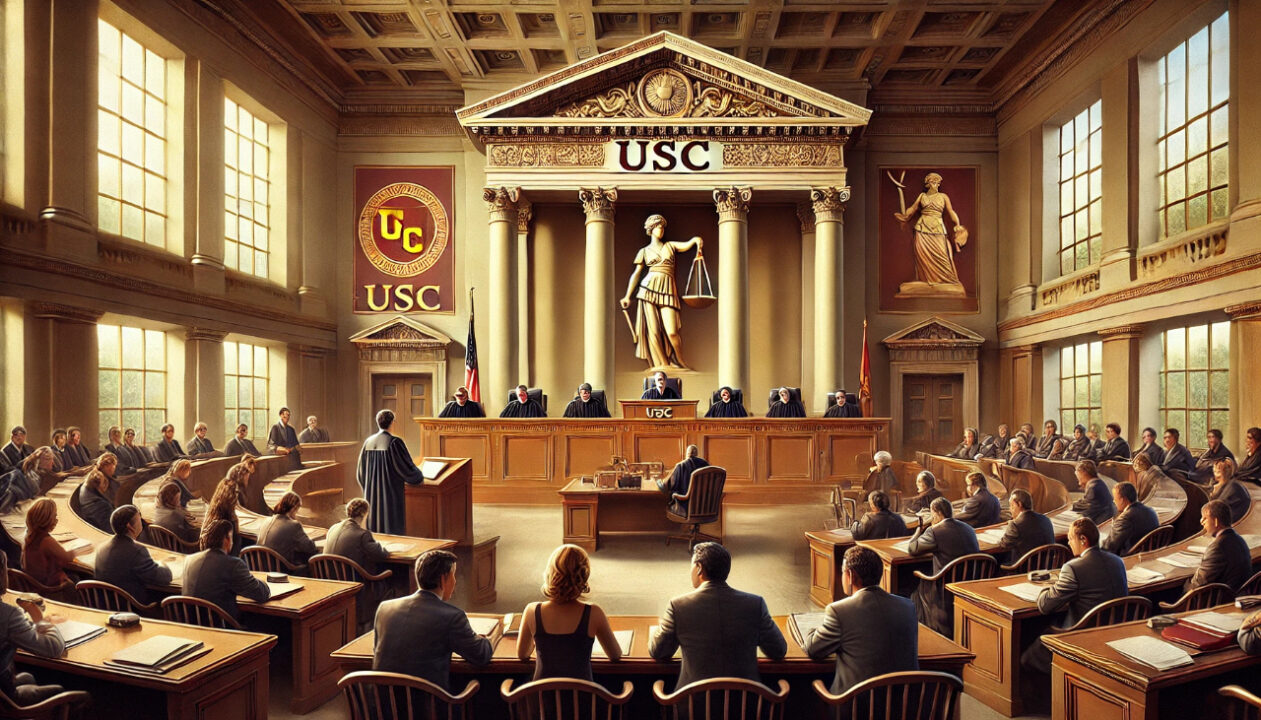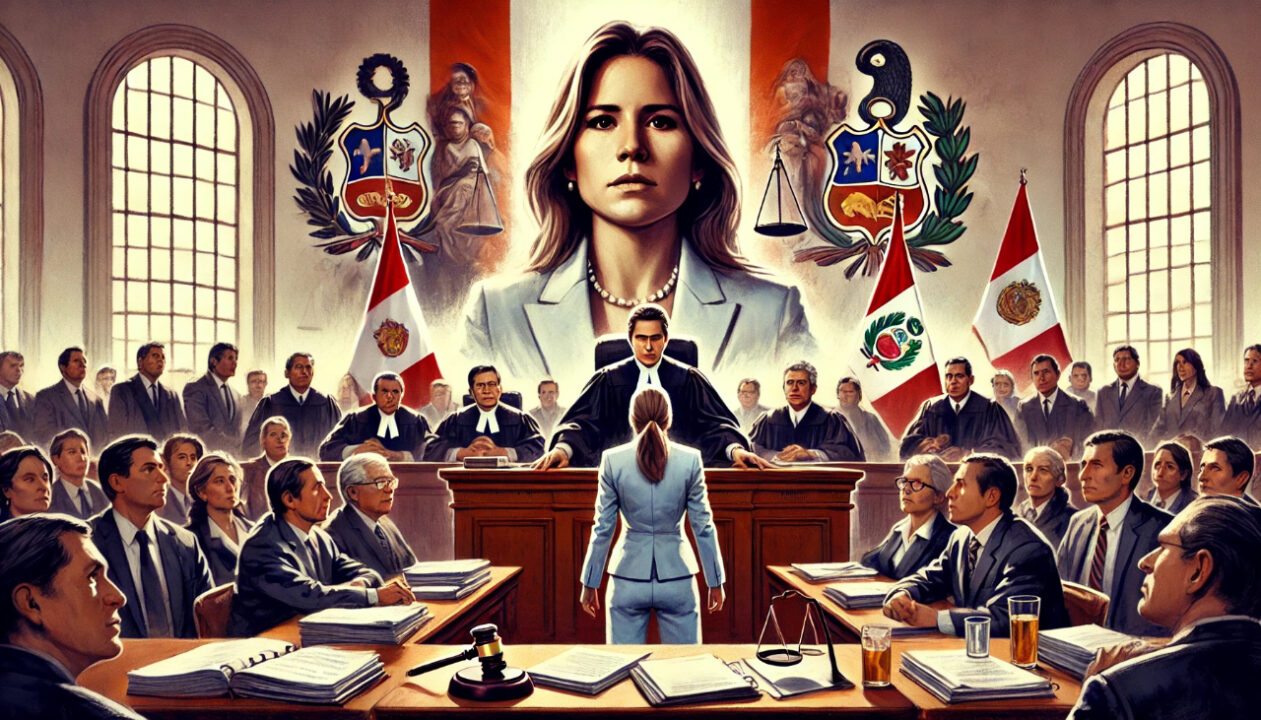The lawsuit involving C.W. Park and the University of Southern California (USC) has garnered significant attention, not only within academic circles but also in broader legal forums. This case touches upon issues of academic integrity, intellectual property rights, and the professional reputation of faculty members. As the lawsuit progresses, its implications for both the institution and those involved become more profound.
Overview of the C.W. Park USC Lawsuit
C.W. Park, a highly regarded professor at USC’s Marshall School of Business, has been embroiled in a lawsuit that challenges the very fabric of academic and professional conduct within the university. At the heart of the matter lies the allegation of intellectual property misappropriation, with claims suggesting that the professor’s research and academic contributions were misused without proper acknowledgment or authorization.
This case shines a light on the murky intersections of intellectual ownership, especially within academic institutions. Universities like USC are expected to foster environments where academic freedom thrives, but when legal disputes arise, the balance between protection of rights and institutional control becomes a delicate one.
Legal Foundations of the Case
The C.W. Park USC lawsuit is built upon several key legal principles, particularly focusing on intellectual property rights and contractual obligations between faculty members and their affiliated institutions. Intellectual property, in the context of academia, often refers to the ownership of research, publications, and any resulting innovations. Professors, researchers, and institutions typically engage in a shared ownership model, but when disputes arise over who controls the end product, legal battles like this can ensue.
C.W. Park’s legal team has argued that his intellectual contributions were exploited without adequate consent or compensation. Whether this exploitation was intentional or the result of institutional oversight will likely play a pivotal role in determining the outcome of the case.
Impact on Academic Integrity and Ethics
This lawsuit raises serious questions about the ethical standards within academic institutions. The professor’s accusations against USC suggest that the university might have neglected key aspects of ethical research conduct. Academic integrity serves as a cornerstone for universities, as it preserves the trust between educators, students, and the larger academic community.
If USC is found culpable in this case, it could tarnish the institution’s reputation and lead to stricter guidelines for the handling of intellectual property. On the other hand, a ruling in favor of USC could affirm the current policies and practices. Potentially setting a precedent for how future disputes of this nature are handled.
Broader Implications for Faculty Rights
The C.W. Park USC lawsuit extends beyond just a single professor’s dispute with the university. This legal battle may set new precedents regarding the rights of faculty members in academia, particularly concerning their research, publications, and inventions. For decades, the lines between individual ownership and institutional ownership of research have been blurry. Faculty members contribute significantly to the reputation and academic standing of their institutions, but what happens when their contributions are contested?
Should the court rule in favor of Park, faculty members across the nation may feel emboldened to assert their rights more aggressively, particularly when it comes to protecting their intellectual property. Such a ruling could prompt universities to reconsider their policies, potentially offering greater autonomy and protections for their staff.
USC’s Response to the Lawsuit
The University of Southern California has firmly denied the allegations brought forth by C.W. Park USC Lawsuit, stating that all processes regarding intellectual property are followed in accordance with institutional guidelines and the law. According to USC’s legal team, the university takes such claims seriously but asserts that they have acted within their rights.
USC’s defense also touches upon the issue of contractual agreements. Faculty members are typically bound by contracts that outline the terms of their employment, including provisions related to research and intellectual property. USC may argue that Park’s intellectual contributions were part of a collaborative effort, thereby justifying shared ownership under these agreements.
Possible Outcomes and Consequences
The C.W. Park USC Lawsuit could conclude in several ways, each carrying its own set of consequences. Should the court rule in favor of Park, USC might be required to provide financial compensation and formally acknowledge his contributions. This outcome could lead to policy overhauls, both within USC and in other universities. Particularly in areas related to research ownership and faculty rights.
On the other hand, a ruling in favor of USC would reaffirm current institutional policies. Potentially discouraging similar lawsuits in the future. Such an outcome would also preserve the university’s academic standing, reinforcing the importance of clear contractual terms between faculty members and their institutions.
Public and Media Reactions
The lawsuit has not gone unnoticed by the public and media, with various outlets closely following the developments. Academic lawsuits, particularly those involving renowned institutions like USC, tend to attract significant attention due to the reputations at stake. The case has sparked debates about how universities handle intellectual property and whether reforms are needed to better protect the rights of individual faculty members.
Media coverage has largely been split, with some viewing the case as an unfortunate dispute over academic contributions, while others see it as a much-needed reckoning in a system that too often prioritizes institutional gains over individual rights.
Potential Long-Term Effects on USC’s Reputation
The C.W. Park USC lawsuit holds the potential to affect USC’s reputation significantly, depending on the final ruling. Academic institutions rely heavily on their public image to attract faculty, students, and research funding. A loss in this case could cast a shadow over USC’s handling of internal disputes and raise questions about how it manages its faculty’s intellectual property. However, should USC successfully defend its position. The lawsuit may be seen as a mere hiccup in an otherwise prestigious history.
Institutions like USC must tread carefully in such lawsuits. As the consequences are often far-reaching and can affect their ability to retain top talent in the future.
Legal Precedents Set by the Case
One of the most significant aspects of this lawsuit is its potential to set legal precedents in academia. C.W. Park. lawsuit against USC may establish new guidelines for how universities handle disputes over research ownership and faculty rights. If the court sides with Park, it could force universities nationwide to reevaluate their policies to avoid similar legal conflicts.
In contrast, a ruling in favor of USC may solidify the status quo. Affirming current intellectual property arrangements and reducing the likelihood of future lawsuits.
Frequently Asked Questions
What is the C.W. Park USC lawsuit about?
The lawsuit involves intellectual property disputes between C.W. Park, a professor at USC, and the university, with claims of misuse of his research without proper acknowledgment.
What could be the outcome of the lawsuit?
Depending on the court’s ruling, outcomes could range from financial compensation for Park to a reaffirmation of USC’s policies regarding intellectual property.
How could this lawsuit affect USC’s reputation?
If USC loses, it could negatively impact its reputation in handling faculty disputes. If USC wins, it may solidify its current policies.
Why is this case significant for academic institutions?
The case has the potential to set important precedents regarding intellectual property rights for faculty members at universities across the nation.
What are the key legal issues involved in the case?
The key issues revolve around intellectual property rights, academic integrity, and contractual agreements between faculty members and institutions.
How has USC responded to the allegations?
USC has denied the allegations, stating that all procedures regarding intellectual property have been followed properly.
Conclusion
The C.W. Park USC Lawsuit highlights the complexities of intellectual property rights within academic institutions. As the case progresses, it will be critical for both USC and the academic community at large to consider how such disputes can be prevented in the future. The outcome of this lawsuit may very well redefine the boundaries between individual and institutional ownership in the world of academia.


